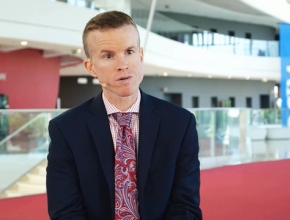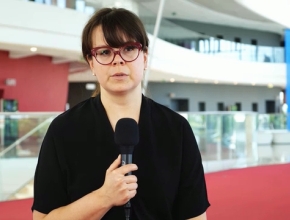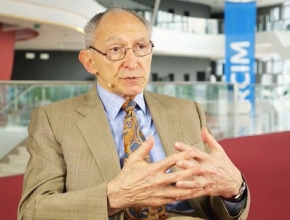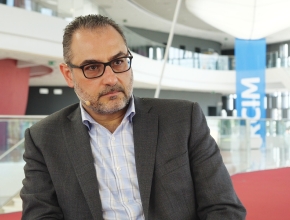How to improve organ donation rates?
Maureen Meade: That is a very good question. There is not a lot of evidence to guide us in the mechanisms to improve organ donation rates because there are so many different levels of intervention that one can take. In some countries people register themselves as potential organ donors if they are to become critically ill with a hopeless prognosis. In other countries the general community is simply very educated on organ donation. It is in those regions and those countries that I think the organ donation rates are the highest and they need not rely on programs for self-registration.
Another mechanism potentially to improve organ donation rates is for intensive care physicians to really try to improve their evidence-based management of consented organ donors within the intensive care unit (ICU). That means that once a family has consented for a loved one to be an organ donor in an ICU, then the physicians provide evidence-based care to those organ donors. We are just working now internationally, I would say, on improving evidence-based care of organ donors through randomized clinical trials. There have been some undertakings in Europe and in the United States, and now in Canada there is a big effort to improve our infrastructure so that we can do randomized clinical trials, so that we know whether the specific medical interventions we provide in the ICU are helping or not. That would be interventions such as hormone-replacement therapies, different ventilation strategies for organ donors, different vasopressor strategies for organ donors, and fluid management.
There is a lot of interventions, medications, and approaches that we can study to enhance our management of organ donors in the future, but right now there is not a lot of clinical research evidence to guide our care.
 English
English
 Español
Español
 українська
українська











